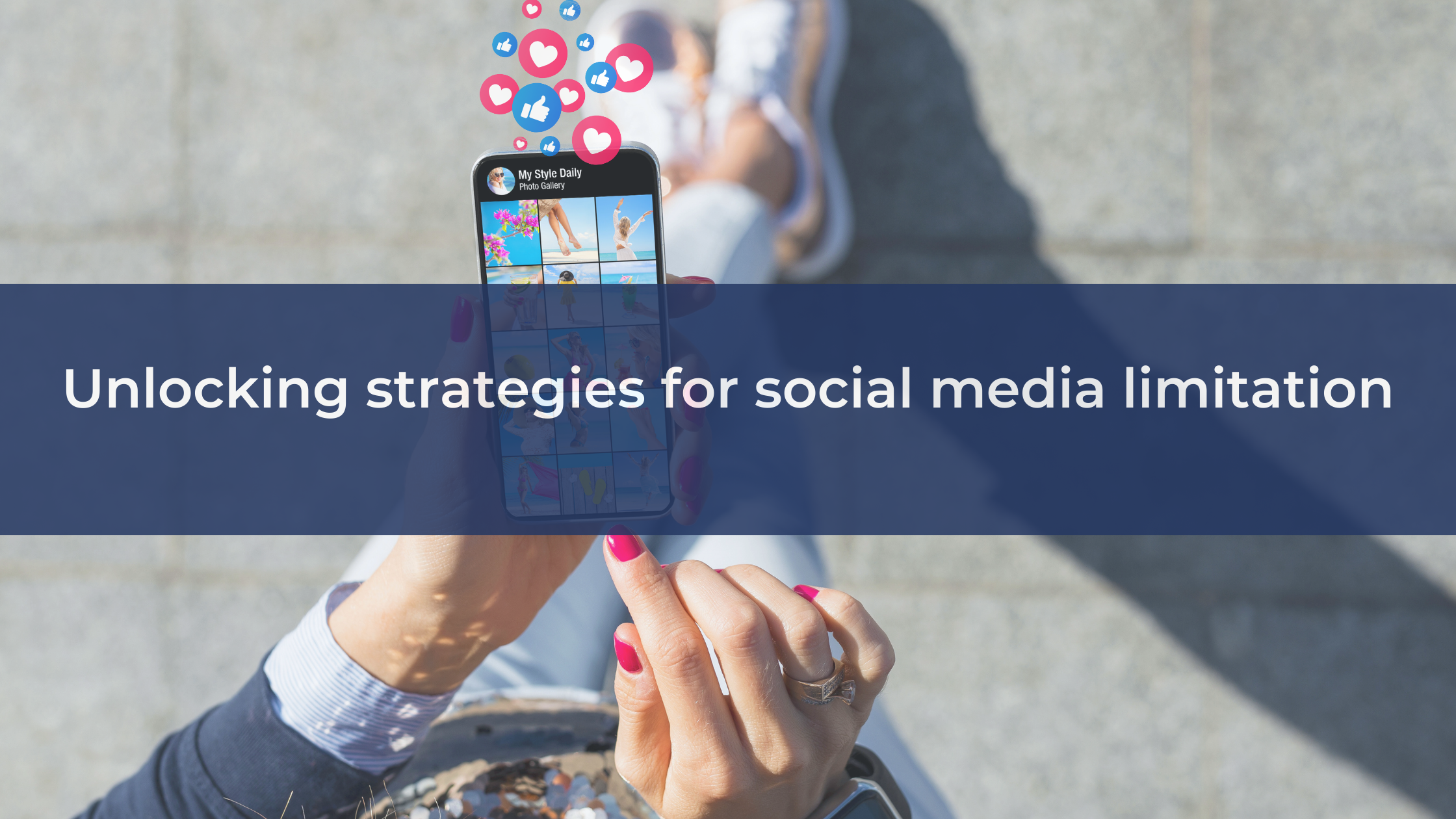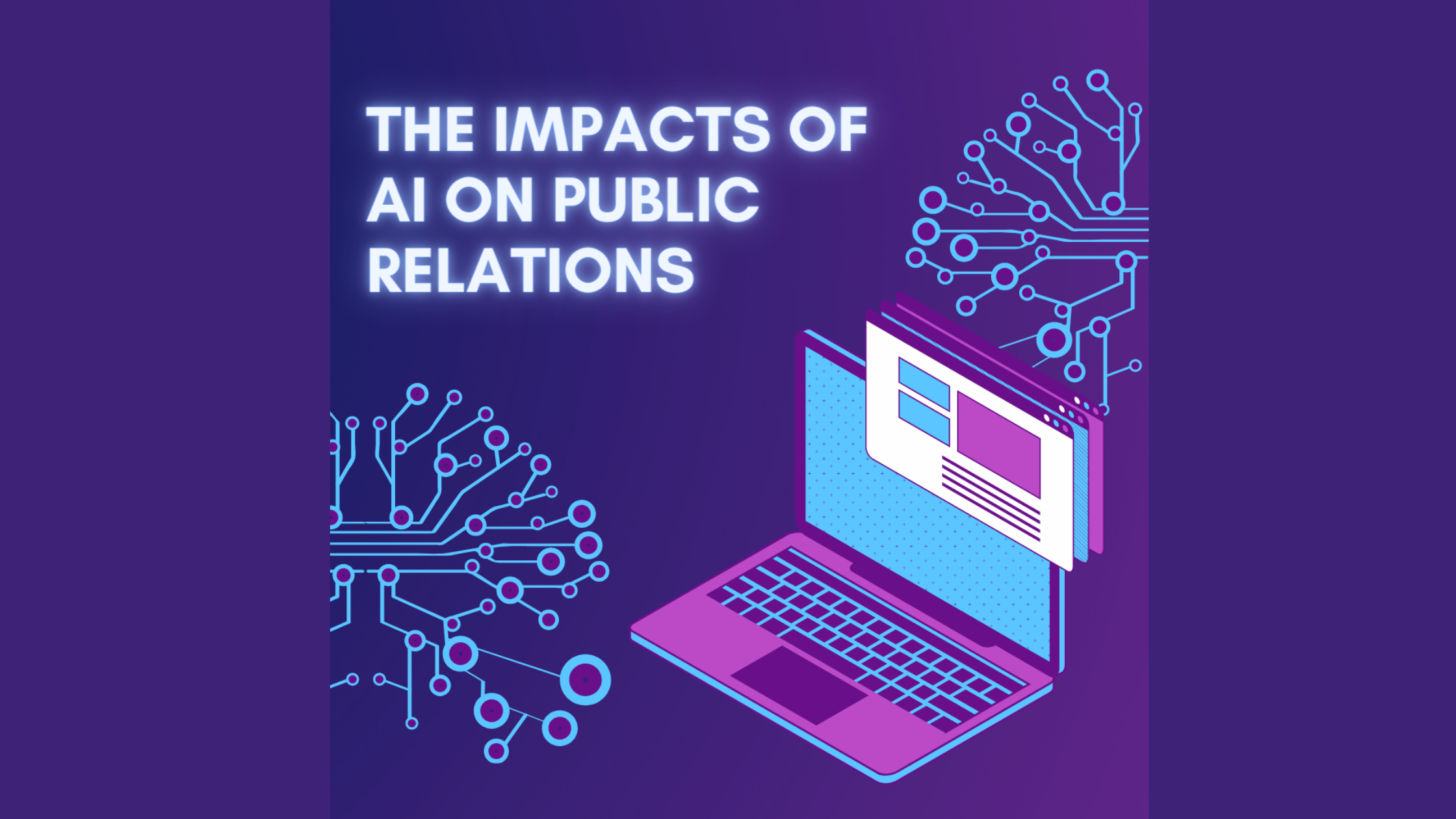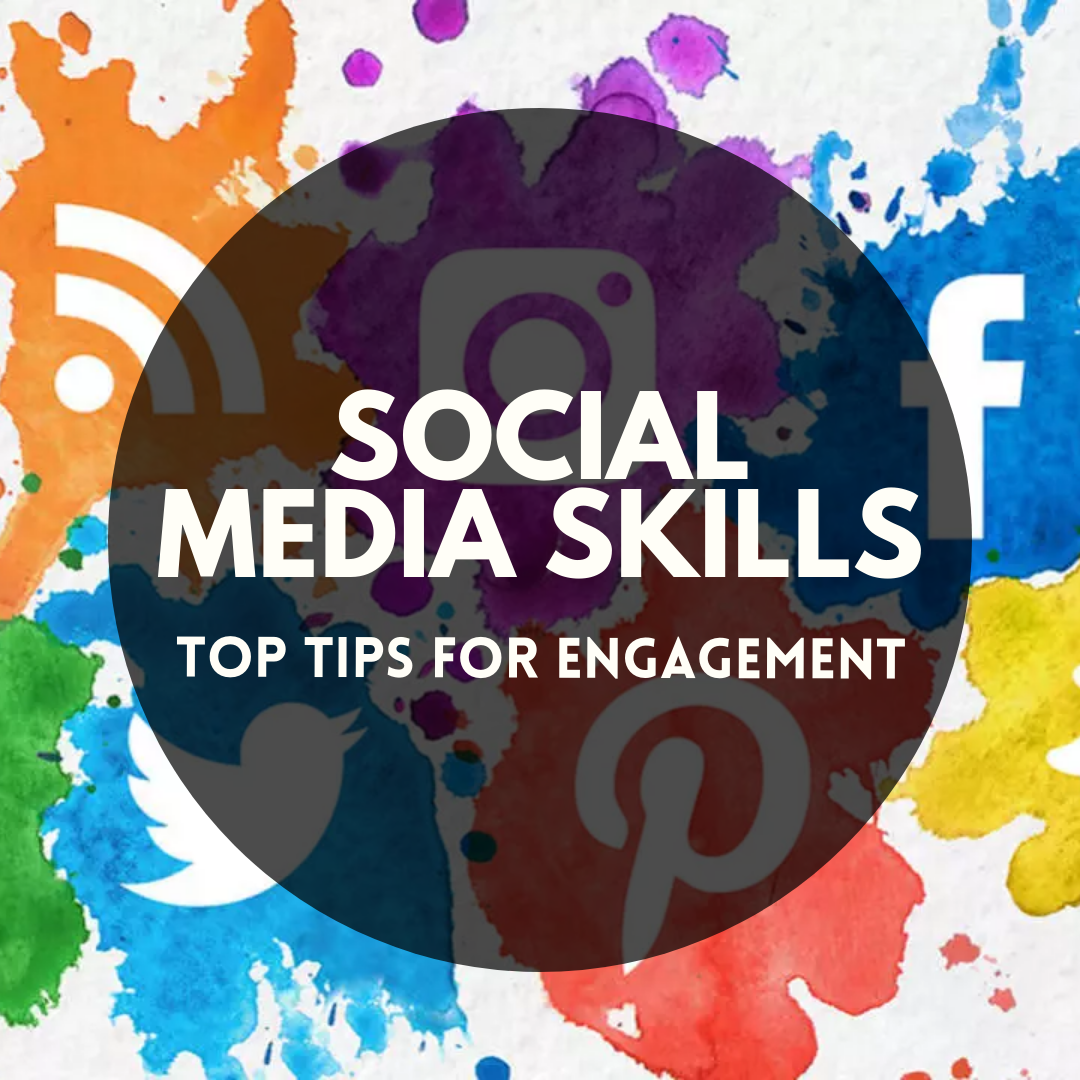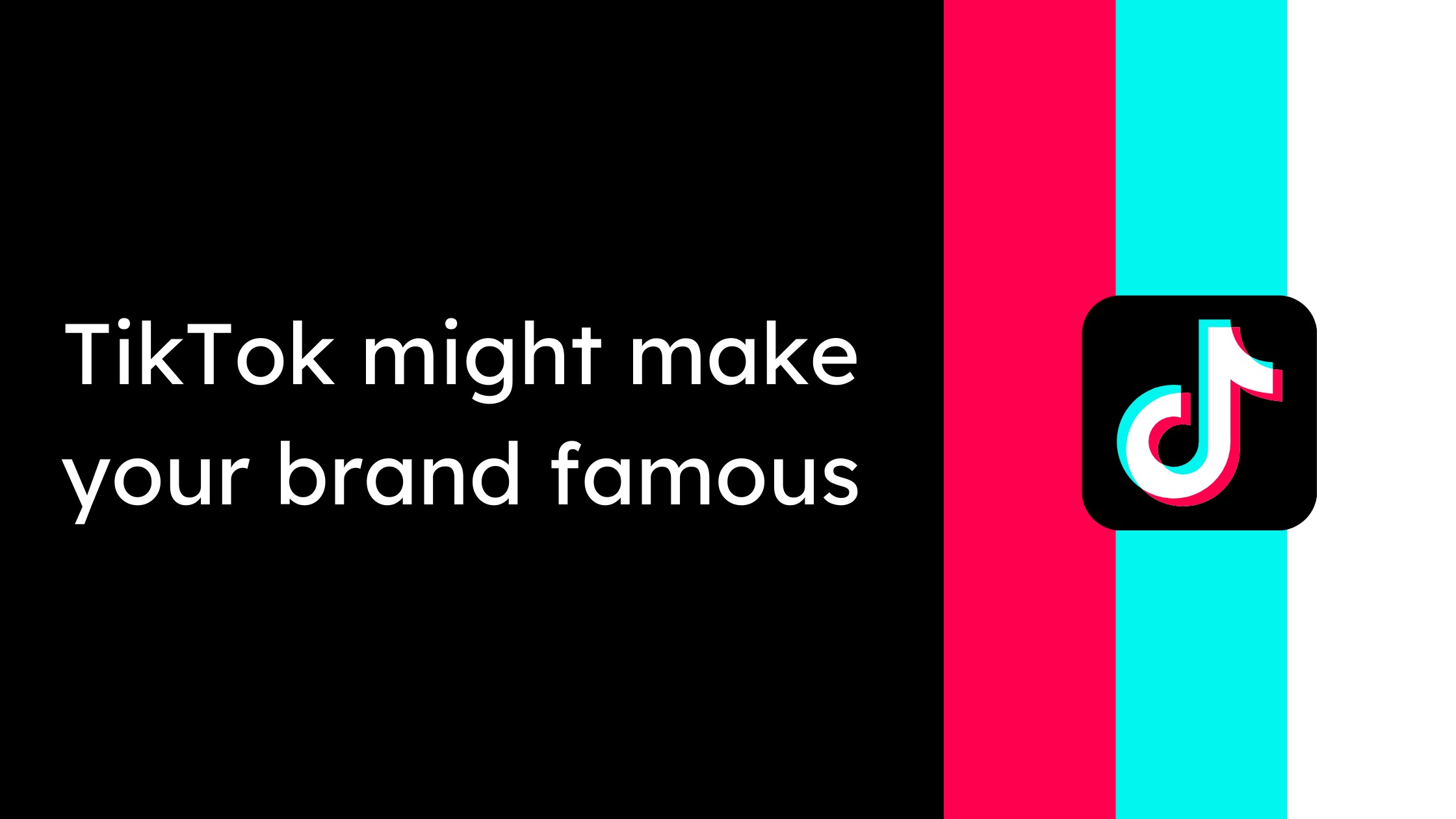Michael Browne
When a musician or singer is experiencing a career peak, there’s a saying that everything they touch turns to gold. Three years ago, Adele could have cackled into a microphone and it would have been a #1 hit.
As ridiculous as it sounds, something similar happened recently.
A few weeks ago, a recording called Track 3, credited to Taylor Swift, was made available on iTunes Canada. Shortly after, it was the digital store’s top selling song.
Only it wasn’t actually a song. It was an 8-second clip of white noise.
Cue the comments on the poor quality of music today or how the taste of this generation’s music has deteriorated; but this has nothing to do with the quality of music. It’s all about the power of a brand.
The clip made available on iTunes was a glitch that wasn’t caught by Apple until shortly after it was purchased in high enough numbers that it reached #1. Buyers were expecting to hear the next track from Taylor’s then-unreleased new album 1989. Upon its release, 1989 sold nearly 1.3 million copies in its first seven days in the United States – the highest first-week sales of any album since 2002.
Realistically, the glitch and how it played out could have happened to any artist. Well, any artist with as powerful a brand as Taylor Swift. Taylor’s popularity, name-recognition, and highly anticipated album meant fans were willing to put money down without sampling the music first. She has proven reliable in the past to fans of her music, why question her now?
The same brand power fuelled Beyoncé’s surprise album release late last year. When she dropped a full album on iTunes with no notice, within 24 hours Beyoncé’s brand, combined with online buzz and subsequent hype, resulted in 430,000 copies sold through iTunes in the United States (828,000 worldwide). Its end-of-week total –which was only three days because the album dropped on a Friday – was 617,000, the highest single-week sales of Beyoncé’s career.
Anyone who has ever purchased a CD, tickets to a movie, or other forms of entertainment, does so with the expectation that they are buying something they will enjoy. Typically, a purchase is preceded by product knowledge – a certain amount of familiarization based on previous experience, even if it’s based on a different item.
You continue to buy Nike sneakers because you’ve loved every pair of Nike’s you ever owned. You drink Starbucks coffee because it’s consistent. You stick with Apple products because they’ve rarely gone wrong for you. Likewise, you don’t need to second-guess whether your favourite musician’s upcoming single or album will disappoint before you buy it. Because you like what the artist has done before, you assume there’s a good chance you’ll like what they’ll do next.
You believe in their brand.
It shouldn’t be surprising that one of this generation’s most successful singers hit #1 with a song nobody had ever heard. It happens all the time. Anticipation has fuelled immediate success for albums by musicians as far back as the Beatles, and more recently, singles by Lady Gaga, Eminem and One Direction.
The difference this time is that the glitch called out the buyers, highlighting the power of branding that applies not just to clothes, coffee and computers, but also to music. In the same way you return to companies that have delivered reliable products in the past, you have expectations of your favourite artists based on their recent output and will continue to stick with them. You’re a fan.





